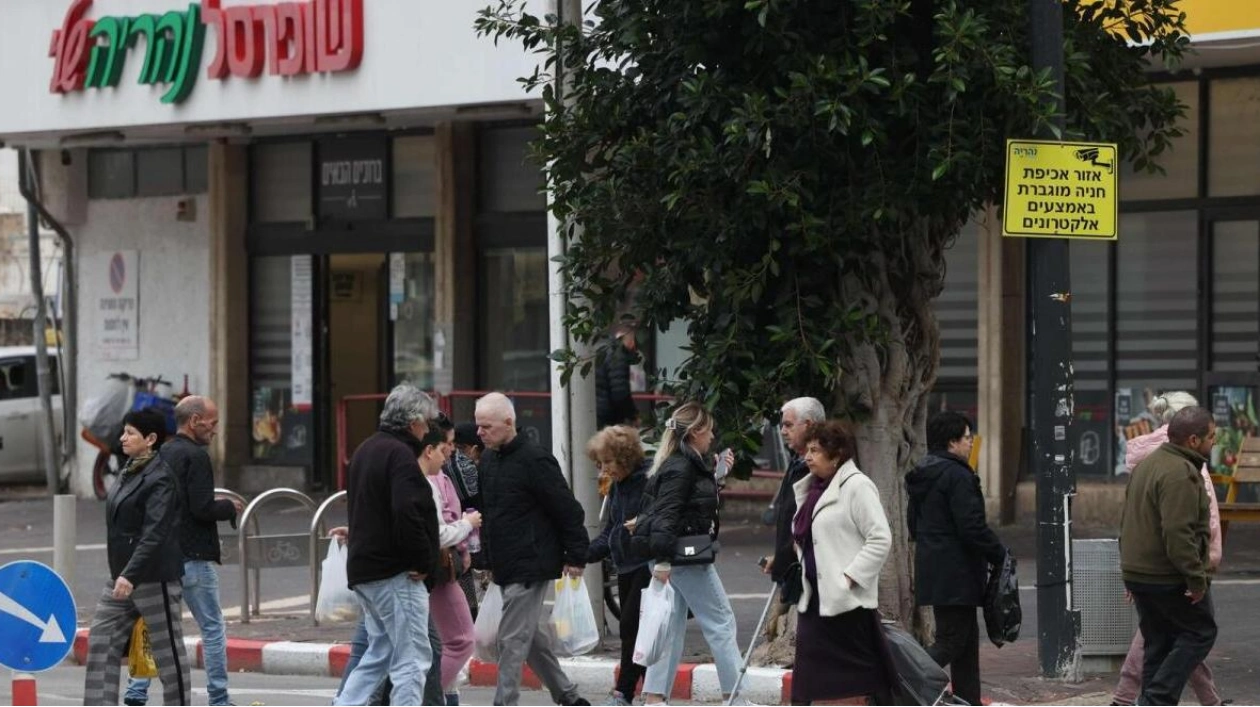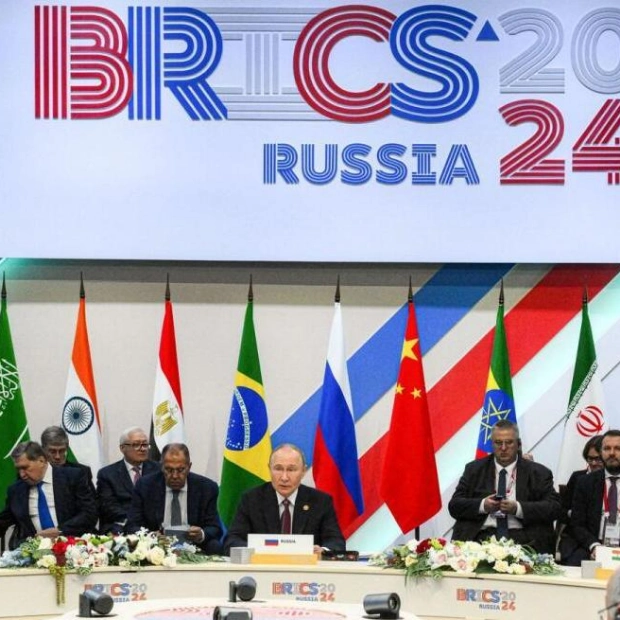On Wednesday, residents of Nahariya in northern Israel strolled down the streets, a rare calm following the implementation of a ceasefire between Israel and Hezbollah. This marked the first time in months that no sirens warning of incoming attacks from Lebanon were sounded. However, many locals expressed deep dissatisfaction with the government's decision to halt hostilities with the Hezbollah armed group.
The ceasefire, hailed as a significant accomplishment by the administration of US President Joe Biden, aims to end a cross-border conflict that has claimed thousands of lives since it was sparked by the Gaza war last year. Yet, it has ignited a wave of anger and anxiety among Israel's northern populace. Prime Minister Benjamin Netanyahu defended the agreement, asserting Israel's right to respond if Hezbollah, backed by Iran, breaches the terms.
Levana Karsenti, a resident of Nahariya, expressed her discontent to Reuters, calling the agreement "very bad, real bad." She criticized the government's inaction and the perceived waste of soldiers' lives, urging Netanyahu to step down despite her previous support for him.
Concerns about a potential Hezbollah ground assault, reminiscent of the Hamas attack on Israel's south in October 2023, loom large. Hezbollah's strikes have resulted in the deaths of 45 civilians in northern Israel and the Israeli-occupied Golan Heights. Approximately 60,000 evacuees from the north remain displaced, with no clear directive to return home.
The majority of the damage in Israel has been concentrated in areas near the Lebanese border, which have been heavily bombarded by Hezbollah rockets. Avichai Stern, the mayor of Kiryat Shmonah, a northern city just three kilometers from the border, argued that the ceasefire should have established a buffer zone between Israel and Lebanon. Hezbollah's use of civilian homes for military purposes, according to Stern, undermines Israel's ability to counter Hezbollah's activities legitimately.
Lebanon's military, responsible for enforcing the ceasefire, has advised residents of border villages to postpone their return until the Israeli military withdraws. Despite the ceasefire holding on Wednesday morning, Israel reported identifying Hezbollah operatives re-approaching the border areas, prompting Israeli forces to open fire to deter them.
A government official explained that Israel did not prioritize the threat of infiltration in the deal, confident that its military gains would provide sufficient warning time against a large-scale Hezbollah ground invasion. Additionally, Israel's destruction of Hezbollah infrastructure near the border ensures that any infiltration attempt would be detected, allowing Israeli forces ample time to respond.
According to Israeli authorities, at least 73 Israeli soldiers have been killed in northern Israel, the Golan Heights, and in combat in southern Lebanon. A security official emphasized Israel's readiness to respond to any Hezbollah violations, vowing to prevent another attack like the one on October 7, 2023. The official also noted the importance of residents feeling safe before they return home.
Source link: https://www.khaleejtimes.com






